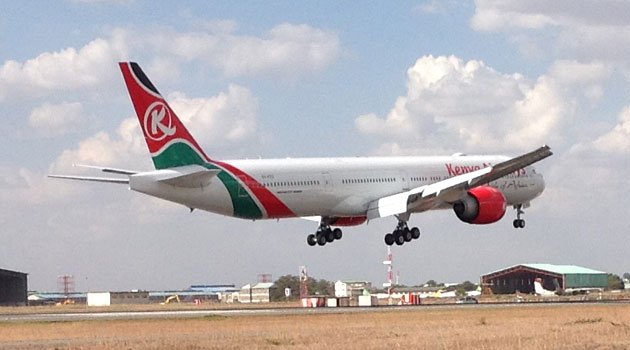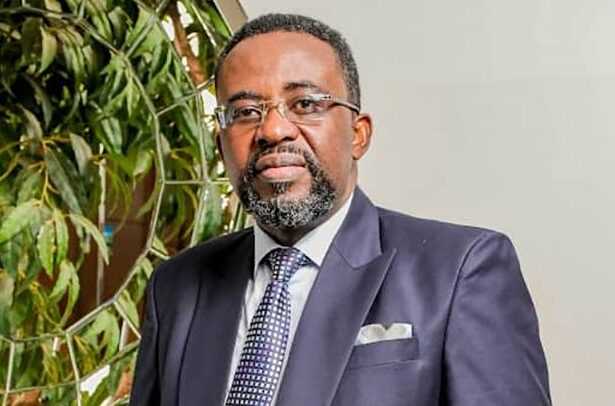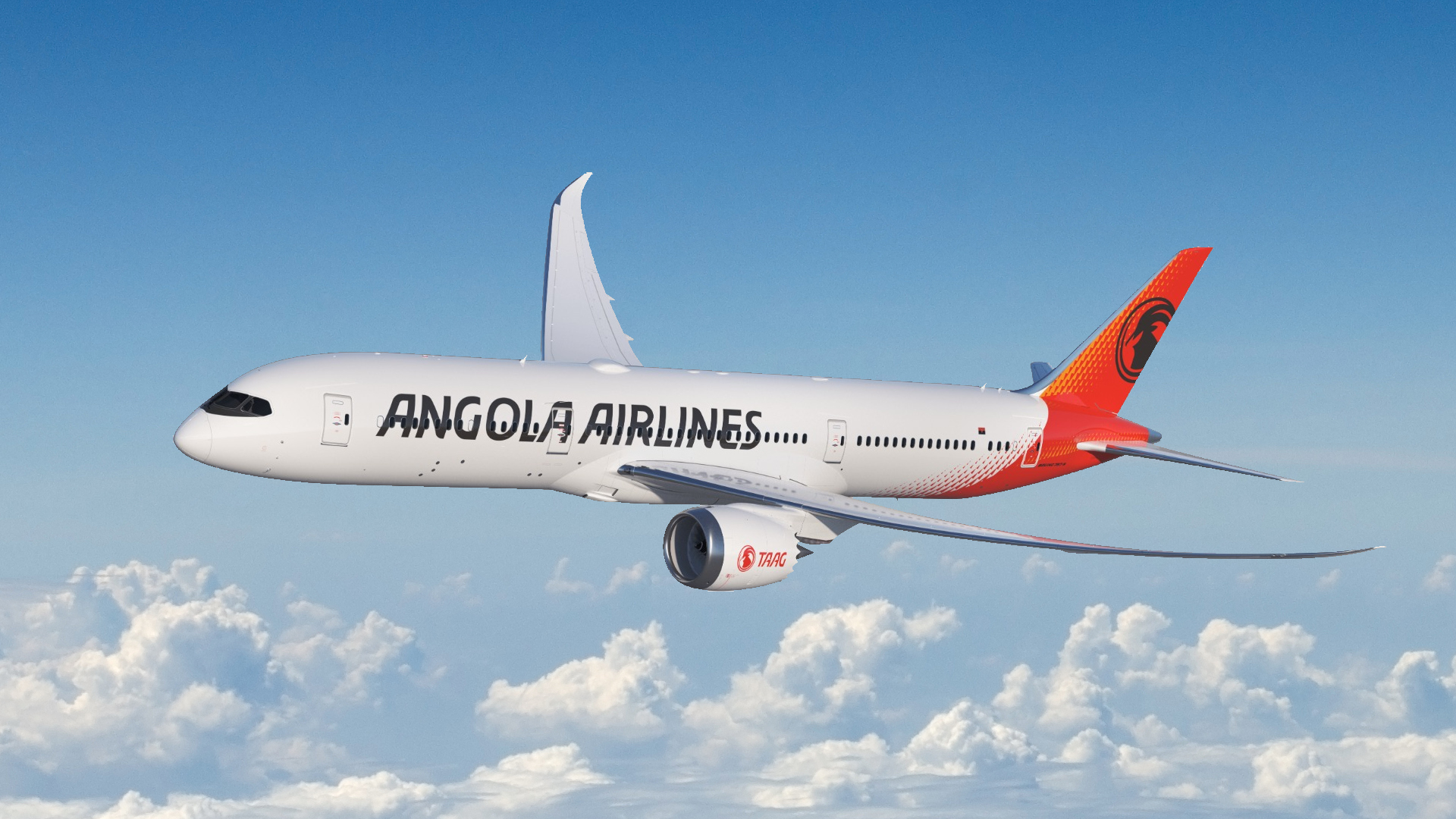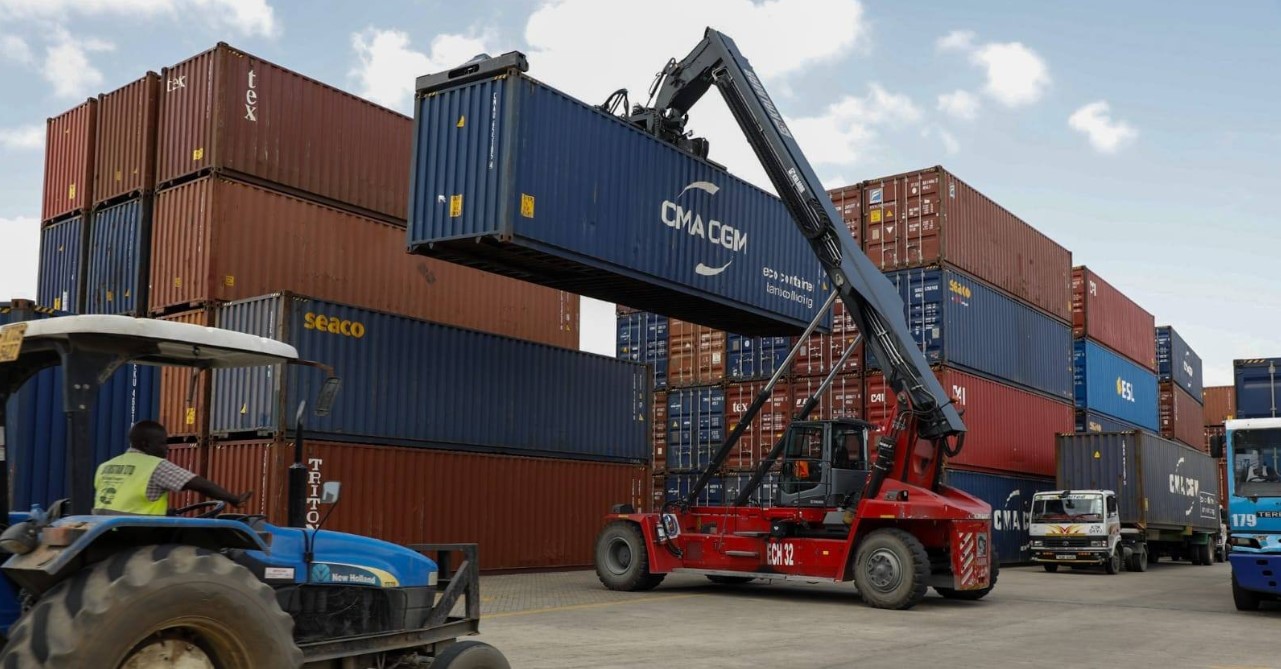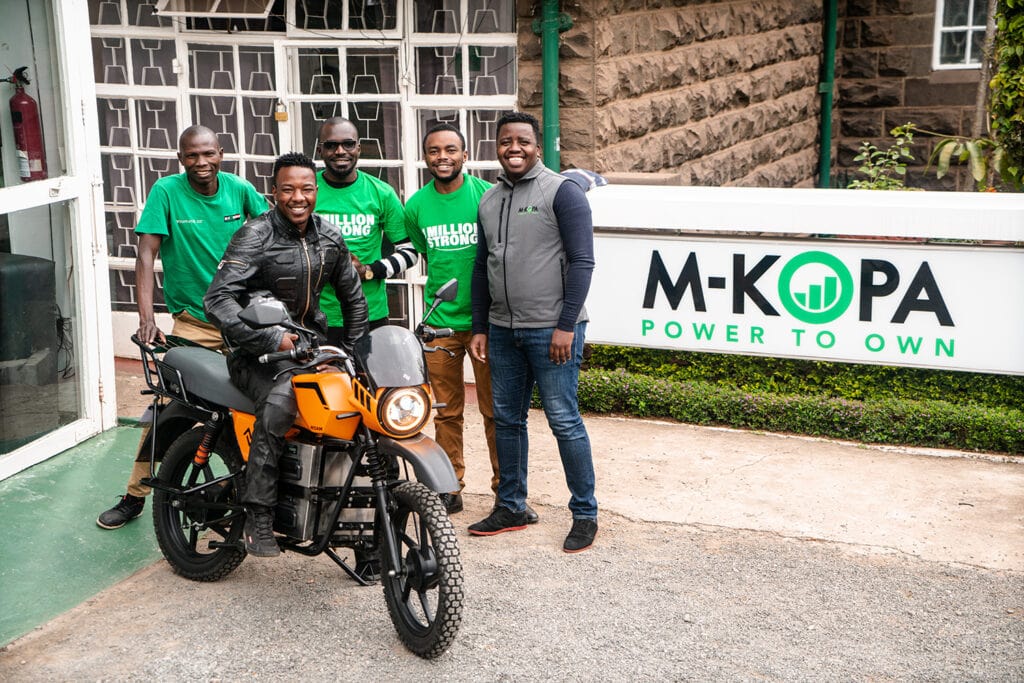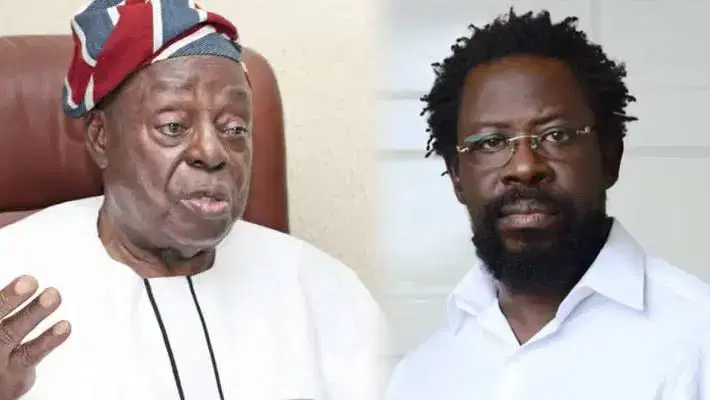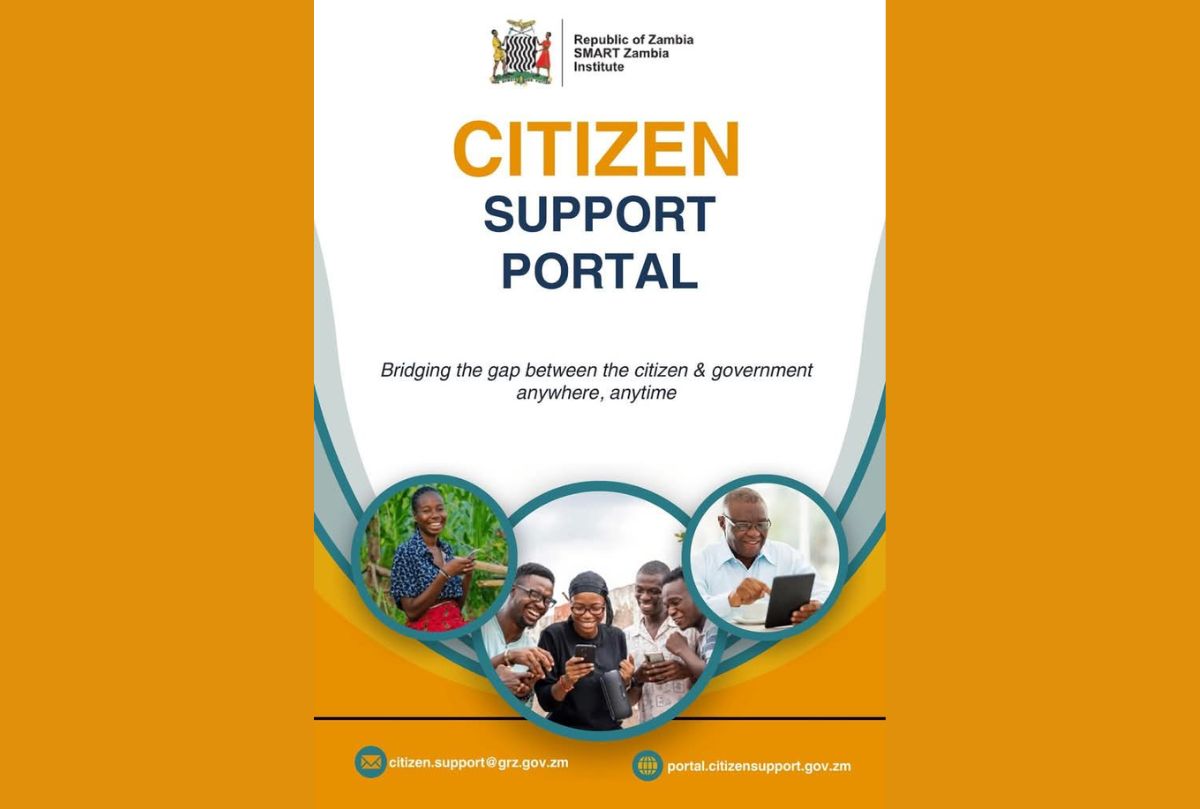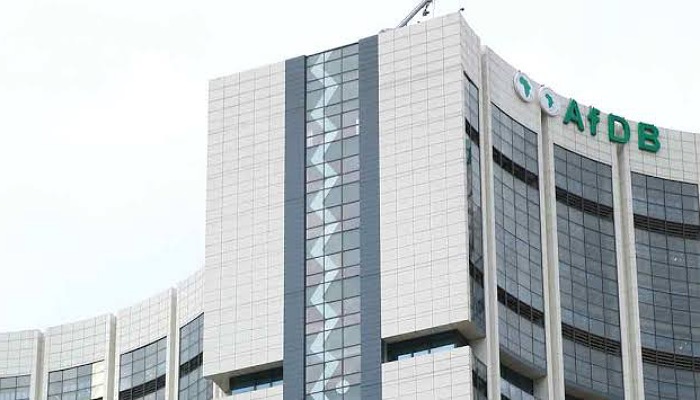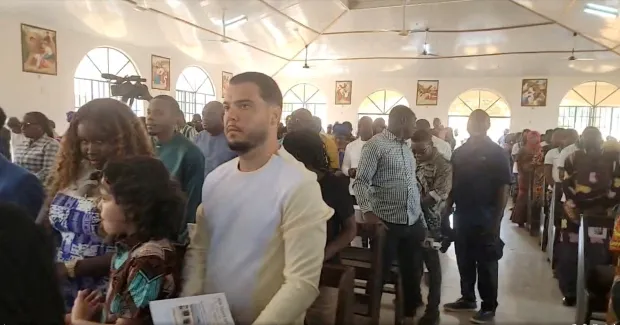The Nigeria Civil Aviation Authority (NCAA) and Kenya Airways have finally reached a resolution after a fiery showdown over the controversial treatment of a Nigerian passenger, Ms Gloria Ibukun Omisore, at Jomo Kenyatta International Airport in Nairobi.
What started as a high-stakes standoff—complete with viral videos, diplomatic tensions, and accusations of mistreatment—has now culminated in a tense but settled agreement.
Read also: TAAG Angola Airlines adds first Boeing 787 Dreamliner, ‘Namibe,’ to fleet
Passenger denied boarding over Visa issues
Ms Omisore was travelling from Lagos, Nigeria, to Manchester, UK, with a connecting flight in Nairobi, Kenya, on a ticket purchased from Kenya Airways. The journey was supposed to go through Nairobi, Paris, and then Manchester.
However, during her journey, she was denied boarding on her connecting flight to Paris, with airline staff citing her lack of a Schengen Visa. The passenger claimed she was allowed to enter Nigeria through the same route, raising questions about the airline’s policy enforcement.
A video of the altercation between the Nigerian passenger and Kenya Airways officials surfaced online, showing an airline agent telling her, “Call your president, you will not fly on Kenya Airways again.” This statement has drawn criticism, with many interpreting it as disrespectful and discriminatory.
NCAA and Kenyan Airways exchange words
The controversy quickly reached the highest levels of aviation regulation. Michael Achimugu, Director of Public Affairs and Consumer Protection at NCAA, condemned the airline’s “unprofessional and unacceptable” behaviour. While he stressed that passengers must follow regulations, he also insisted that Kenya Airways never should have issued her a boarding pass from Nigeria if she was ineligible.
“Kenya Airways has a pattern of maltreating Nigerian travellers, including NCAA officials. This is the final straw!” Achimugu warned that there would be serious consequences if the airline did not resolve the situation.
As tensions soared, Kenya Airways scrambled to contain the fallout, requesting additional time to provide further details. Meanwhile, the NCAA confirmed that security personnel were ensuring Ms. Omisore’s safety in Nairobi as the crisis unfolded.
Kenya Airways responds to allegations
In its response, Kenya Airways stood its ground, claiming the passenger was at fault for not securing the right visa. The airline alleged that she was offered an alternative route through London but refused.
However, its most shocking claim was that the passenger became aggressive—going as far as allegedly removing and throwing used sanitary pads at staff. The graphic accusation has only fueled more debate, with many calling for a full investigation into the events that transpired.
Read also: MTN, GTBank, Air Peace probed over poor service, exploitative pricing claims
Behind closed doors: The deal that ended the crisis
Following intense back-and-forth negotiations, an agreement was finally hammered out. Ms Omisore will be flown back to Nigeria tonight, ending her nightmarish ordeal. NCAA has also summoned Kenya Airways’ Acting Station Manager in Lagos for a final meeting to review CCTV footage and investigate the airline’s handling of the situation.
The aftermath: What comes next?
With the immediate crisis defused, the NCAA is preparing to scrutinise Kenya Airways’ handling of the situation closely. The upcoming official review in Lagos will determine whether the airline will face penalties or be required to implement policy changes regarding passenger treatment.
The aviation authority has vowed to hold airlines accountable and ensure that passengers are treated with the dignity and respect they deserve.
Passengers are also reminded to stay calm in disputes and report grievances through proper channels, as unruly behaviour can have legal consequences.
